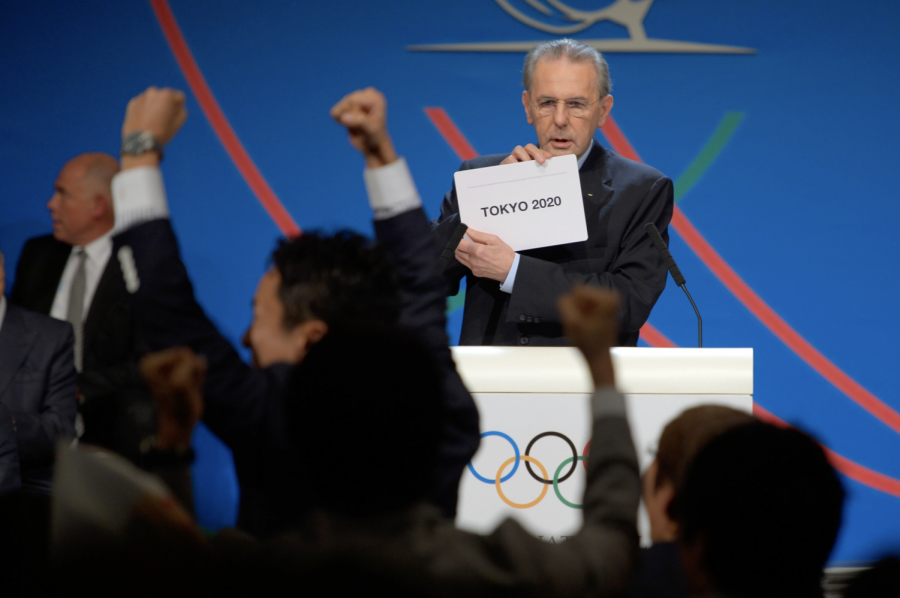Tokyo Olympics: Should it be held or canceled?
May 25, 2021
About eight years ago, on September 7, 2013, at the International Olympic Committee (IOC) session in Buenos Aires, Tokyo won the bid to host the Summer Olympics games. However, despite all the excitement and anticipation towards the second Summer Olympics to be held in the city, in March 2020 the game was postponed due to the increasing cases of COVID-19 in Japan. The IOC and the Tokyo organizing committee are currently determining whether the Summer Games are still scheduled to begin on July 23, 2021.
At this point, no one knows the true “correct” answer to the question of whether the Olympics should still be held as planned in late July this year, be postponed again, or just be canceled. As a Japanese citizen who lives just 10 minutes away from the main stadium, and considering Japan’s current status of failing to contain virus transmission, I firmly believe that the Tokyo Summer Olympics should be canceled.
First and foremost, as daily coronavirus cases in Japan continue to rise, and new, more contagious variants from overseas emerge, the Japanese public’s opposition to the Games rises. One poll by Nippon Hoso Kyokai, or NHK, the Japan Broadcasting Corporation, showed that more than 80% of Japanese respondents favored canceling or postponing the games, mainly due to the country’s slow vaccination rollout which started only in late February. Furthermore, this will likely mean that many residents won’t be inoculated by the opening ceremony. This lack of public excitement around the Olympics has also led the athletes to be discouraged from supporting the Games.
Secondly, due to the recent increase and spread of COVID-19 in Japan, spectators from overseas would not be allowed to attend the Games. A scaled-down Tokyo Games with few or no spectators would leave Japan without much to show for its spending. One study by Kansai University professor emeritus Katsuhiro Miyamoto estimates that economic losses could reach $22 billion. This economic loss would apply both to the nation ─who has invested heavily in making the Summer Games a national showcase─ and to large corporations like Toyota and Canon, who have poured money into sponsorships. Furthermore, while the IOC and Japanese organizers have said previously that another delay is not an option, postponing Tokyo Summer Olympics once again would cause conflicts with other major sports events as the Tokyo Games are slated to stretch across 42 sites nationwide, including Makuhari Messe, one of Japan’s busiest convention centers.
Thirdly, according to a University of Oxford study titled “Regression to the Tail: Why the Olympics Blow Up,” Tokyo Summer Olympics 2021 is to be the most expensive Summer Olympics on record with the estimated cost of $26 billion.
Despite all the oppositions, canceling Tokyo Summer Olympics 2020 will indeed have a devastating effect on newly introduced or returning sports (skateboarding, surfing, karate, and sport climbing, freestyle BMX, baseball, and softball). Young athletes of these new sports, who have struggled with accessibility, recognition, and diversity, especially at the higher levels of competition, would suffer the most from the cancelation of the event, both financially and professionally.
Nonetheless, looking back at the slow vaccination rollout and the ongoing nationwide state of emergency, the IOC and the Tokyo Olympics Committees should not push the games forward. They do not understand the critical situation of Japan’s public health and health care system, and society should be prioritized over athletes and sports. Unlike Prime Minister Suga pledging to hold the Tokyo Summer Olympics as “proof of human victory against the coronavirus,” Japan is no nearer to beating the virus and is, in fact, not ready for the Olympics.

